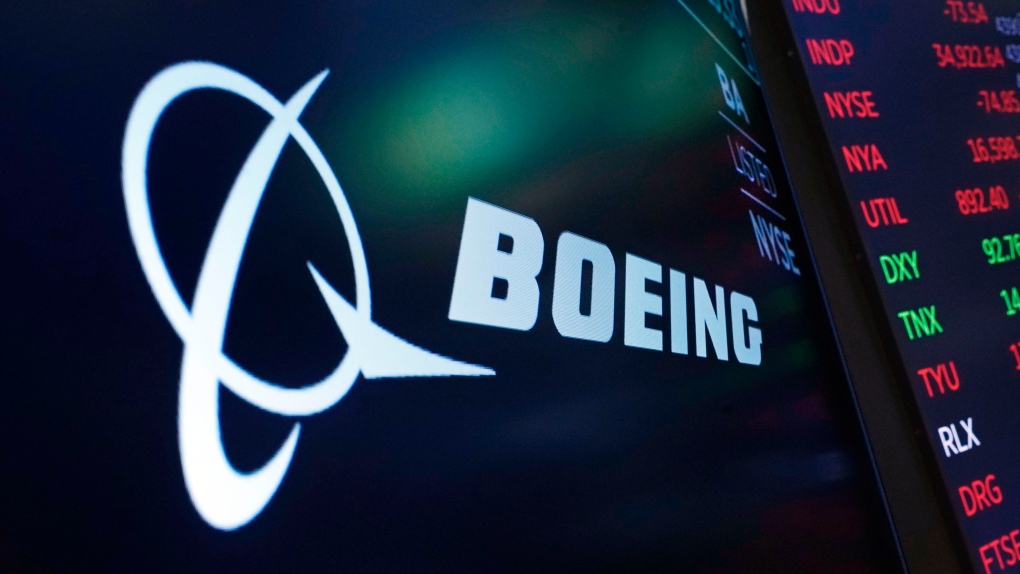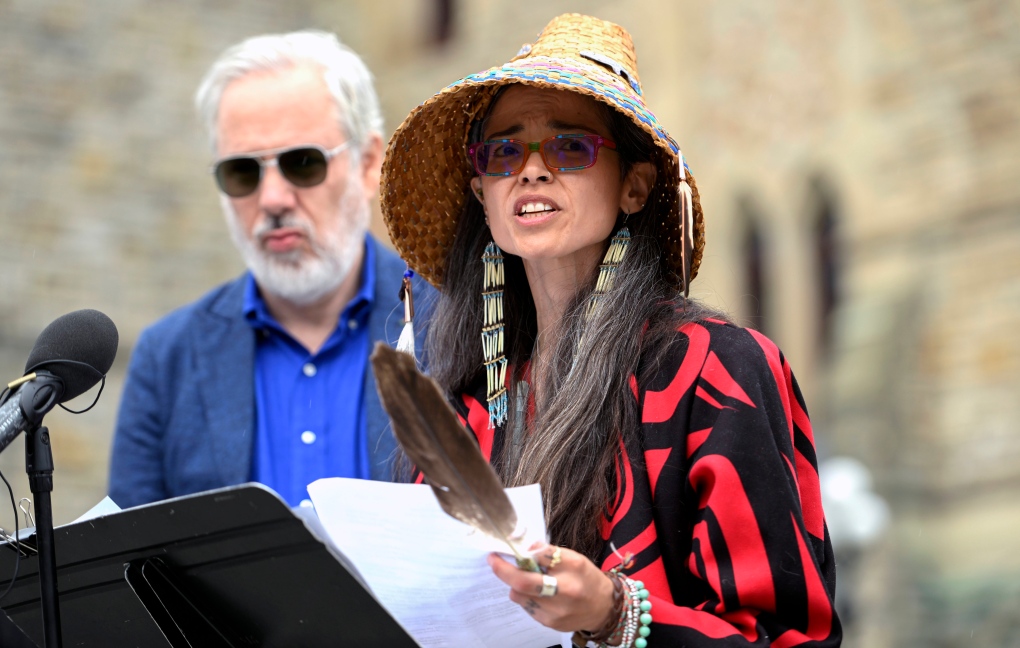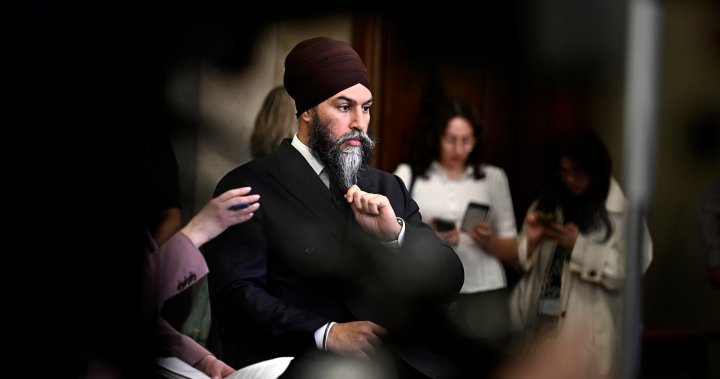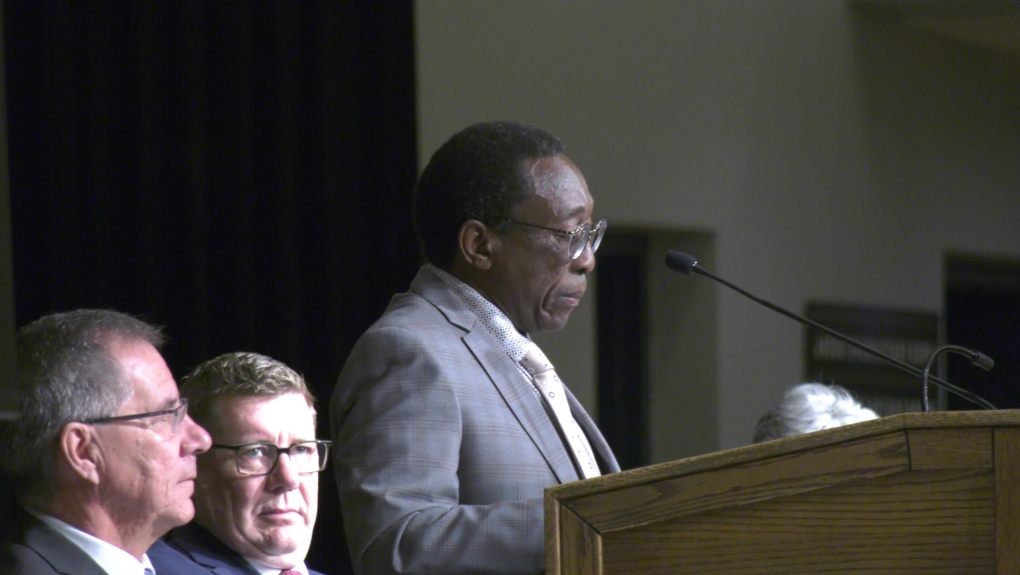TORONTO —
Now that the United Nations’ COP26 global climate conference has wrapped up, it’s time for world leaders to go home and put in the work necessary to fulfill their obligations to the Paris Agreement, according to former Environment Minister Catherine McKenna.
Although a broad consensus was not reached on how nations were going to limit a rise in global temperatures to 1.5 degrees Celsius above pre-industrial levels, per the treaty signed in 2015, McKenna believes the summit may have helped leaders realize they need to do their part in battling the climate crisis.
“Countries need to do the work. That’s the point of the Paris Agreement,” she told CTV News Channel on Saturday. “Countries have to go home and they have to have regulations in place. They have to ideally have a price on pollution and they have to make the investments.”
McKenna offered praise to the Canadian government’s commitment to cap its oil and gas emissions, which she said accounts for more than 20 per cent of the country’s total emissions.
“We could plant as many trees as we want. We could retrofit every building and it wouldn’t matter,” McKenna said. “Oil and gas need to be part of the solution.”
Trudeau announced early in the conference that Canada would reduce its oil and gas emissions by 40 to 45 per cent — compared to 2005 levels — by 2030 and targeted net-zero emissions by 2050.
“We know what’s causing climate change. It’s fossil fuels. It’s actually not that complicated,” McKenna said. “We know to reach 1.5 degrees we need to reduce emissions very significantly, and that’s just math. Emissions either go up or they go down.”
McKenna reflected on some of the frustration felt Saturday when participants of COP26 accepted a compromise on an agreement that included a last-minute change regarding the language around coal after pressure from India.
“You’re not going to get consensus with every country in the world. That’s just the reality,” she said. “It is extremely challenging if one country can have a veto.”
McKenna also said it’s important for people to speak up and hold leaders to account when it comes to dealing with the climate crisis.
“I think it is important that you have Greta Thunberg, and in kids in the street and in the case of Canada, a lot of Canadians pushing for more action,” she said. “That is really positive because I think governments need that so that they can be brave, because it requires being brave.”
High-profile countries also need to be sympathetic to developing countries, McKenna said, offering them more support to help them achieve their targets. There also needs to be a transition plan in place for oil, gas and coal workers to ensure they’re able to make a living if their jobs are phased out.
“There’s no magic wand,” she said. “Climate is not easy. It’s not going to be solved at one meeting. It’s going to be solved every day by working hard to take action to reduce emissions.”







More Stories
Green deputy leader sentenced to jail for Fairy Creek old growth protests
Singh mulls TikTok return as U.S. nears potential ban over security fears – National | Globalnews.ca
Trudeau won’t comment on future of TikTok in U.S., says Canadian safety a priority | CBC News